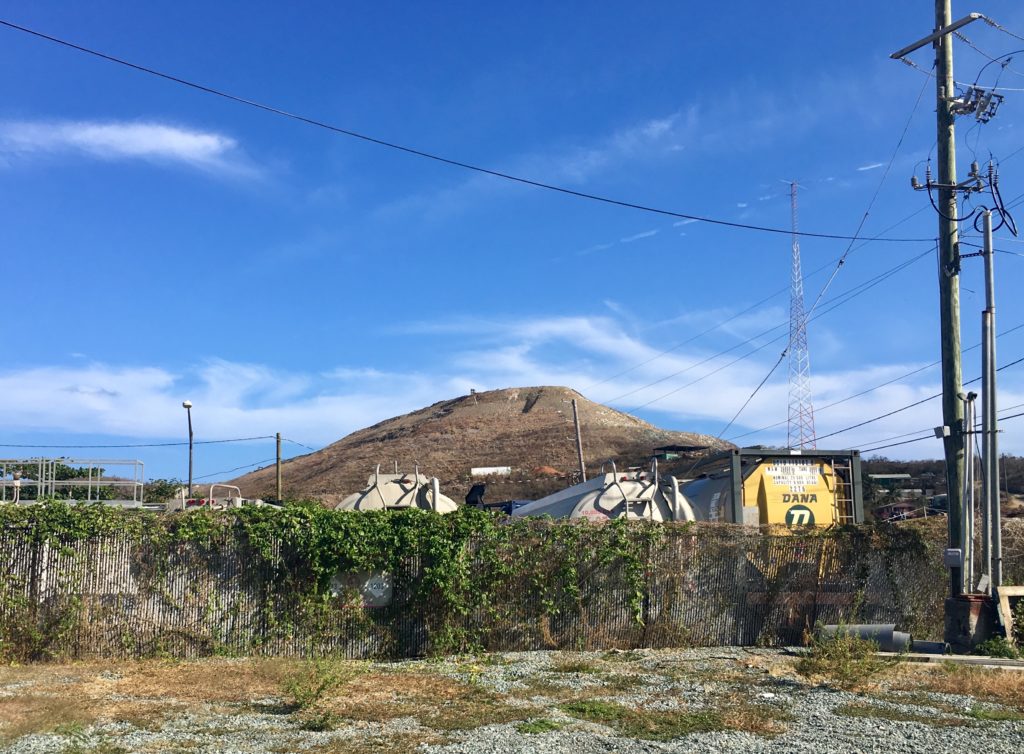Editor’s Note: The following is the first of a two-part series on trash in the Virgin Islands.

What happens to the leftover food, takeout containers, paper, boxes, and clothes that you toss into the trash?
The trash we throw into waste dumpsters ultimately gets hauled to one of the two landfills in the territory, but those landfills aren’t simply giant trash mounds. On the contrary, the government must properly manage these landfills in accordance with strict federal regulations for safety and environmental standards so that they don’t leak dangerous chemicals into the environment, create foul odors, or burst into flame.
Do you remember the years of landfill fires that spewed dangerous fumes into our breathing spaces for days on end? Do you remember the ash particles filling our air during those fires? Do you remember how the airplanes were being affected by the burning landfills? Do you remember how the federal government mandated that the V.I. correct its management of the landfills for the health and well-being of citizens and the safety of the airspace? It wasn’t too long ago.
The V.I. Waste Management Authority recognized that it would cost money to make the corrections needed. To meet the increasing financial obligations of properly managing the landfills, the WMA recently implemented a new fee, referred to as a “tipping fee.” Generally, the WMA charges haulers tipping fees for each load of trash disposed of or “tipped” into a landfill. (Individuals still can bring their waste to landfills free of charge.) The haulers, in turn, pass the tipping fee onto their customers in the form of increased hauling prices.
The newest tipping fee imposed by the V.I. WMA is $2.50 per cubic yard. (A cubic yard is about the size of two mini refrigerators side by side.) This V.I. tipping fee is actually very inexpensive by mainland standards (for example, Riverbend, Oregon charges approximately $12 per cubic yard). Tipping fees for haulers of construction and demolition and other categories of waste are structured differently.
Even though our tipping fees are considered low by national standards, WMA plans to increase them annually. So, as we anticipate these increasing tipping fees, how can we reduce the cost while still meeting federal mandates to protect the environment? We believe that the more trash and waste we can divert from the landfills, the less the person hiring the hauler will pay for disposal. Managing these diverted materials in more productive ways can extend the life of the landfills; protect the environment; reduce landfill management cost, and keep tipping fees low, while also giving a boosting to economic development.
In our second opinion article on V.I. trash, the Planning and Environmental Quality Committee of the League of Women Voters will share our ideas for your consideration on how we can do so. Look out for our Part 2 on Thursday.
– Melissa Muroff, chair of the Planning and Environmental Quality committee of the League of Women Voters, USVI





